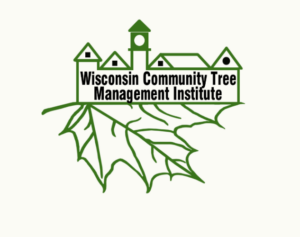 After much deliberation, WI DNR Urban Forestry has decided to postpone the Community Tree Management Institute (CTMI) for one year. The health and safety of others is paramount. Due to the pandemic, it’s just not feasible to come together in person for this training. Group interaction and networking are an integral part of the CTMI experience, so we will look forward to coming together in the fall of 2021 with the start of the next CTMI class (exact dates to be determined).
After much deliberation, WI DNR Urban Forestry has decided to postpone the Community Tree Management Institute (CTMI) for one year. The health and safety of others is paramount. Due to the pandemic, it’s just not feasible to come together in person for this training. Group interaction and networking are an integral part of the CTMI experience, so we will look forward to coming together in the fall of 2021 with the start of the next CTMI class (exact dates to be determined).
For more information, please contact Olivia Witthun, 414-750-8744 or Olivia.Witthun@wisconsin.gov.

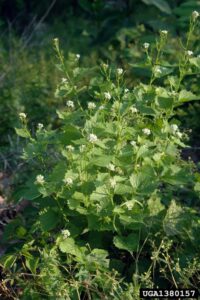
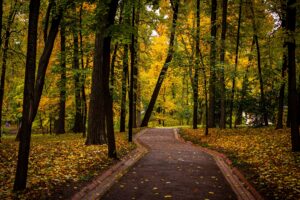 As the hilarious, award-winning
As the hilarious, award-winning 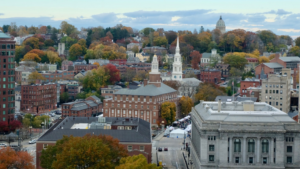 This year, as families all over the country spend more time at home, we have been given the opportunity to appreciate the fresh air that we can enjoy on our own back porches and front stoops more than ever. Trees are a significant factor contributing to the quality of the air we breathe.
This year, as families all over the country spend more time at home, we have been given the opportunity to appreciate the fresh air that we can enjoy on our own back porches and front stoops more than ever. Trees are a significant factor contributing to the quality of the air we breathe. 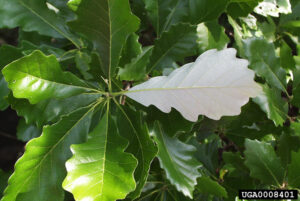
 Recognizing that trees and vegetation are among the features that make communities special places for residents and visitors, American Transmission Co. will continue funding for planting projects in communities in its service area through its Community Planting and Pollinator Habitat programs.
Recognizing that trees and vegetation are among the features that make communities special places for residents and visitors, American Transmission Co. will continue funding for planting projects in communities in its service area through its Community Planting and Pollinator Habitat programs.